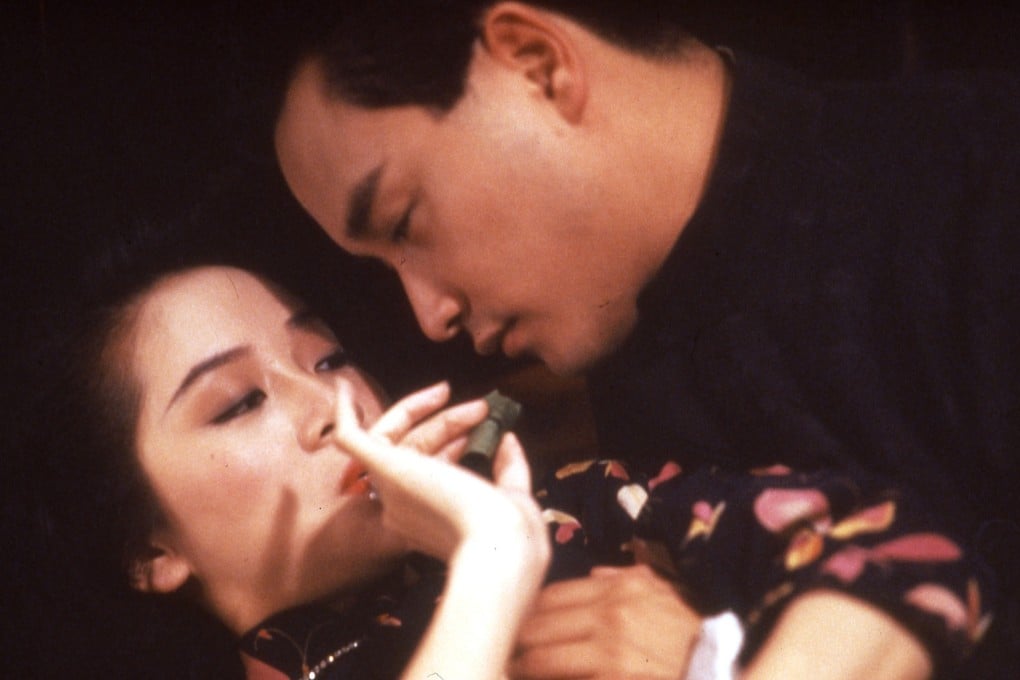‘Leslie Cheung was a man ahead of his time’: 20 years after the death of Hong Kong actor-singer, his cultural legacy and how he broke gender norms
- On the 20th anniversary of the pop and movie star’s suicide, we look back at Leslie Cheung’s rise to the top and his charisma and consider his cultural legacy
- Cheung helped push Cantopop to new heights, starred in dozens of films and openly embraced his bisexuality; today he is acknowledged as a queer fashion icon

Twenty years ago, Hong Kong pop and movie star Leslie Cheung Kwok-wing took his own life. Some didn’t believe it at first – it was, after all, April Fools’ Day when the news broke.
Cheung’s career began in 1977, when he was first runner-up in that year’s Asian Music Contest with his rendition of Don McLean’s American Pie, and lasted 26 years until his untimely death. He released more than 40 music albums and appeared in 56 films.

He helped push Cantopop to new heights in the 1980s, scoring hit after hit. Some of his releases were Chinese adaptations of Japanese pop tunes, which was the trend at the time, and some were original compositions.
In the 1990s, Cheung received widespread acclaim for his portrayals of either womanising or queer characters on screen. This was during a time when Hong Kong was still relatively conservative towards non-heteronormative identities.